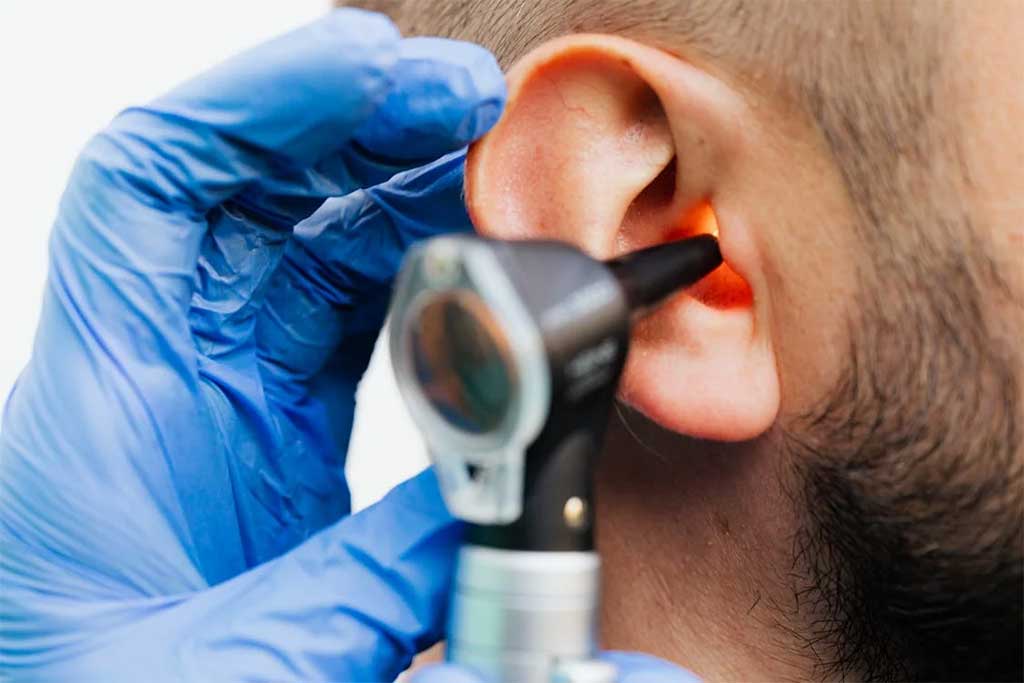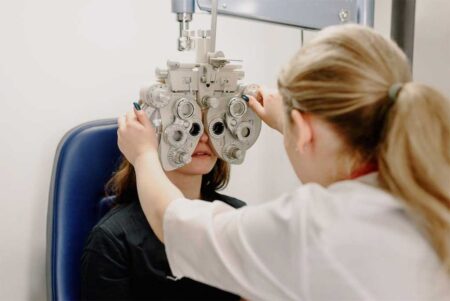Most people believe that hearing loss develops overnight from one loud concert or one negligent act. In reality, hearing impairments typically develop gradually over many years. Many adults are surprised by how much control they truly have over the comfort, clarity, and strength of their hearing.
Obtaining an obvious difference in your hearing doesn’t always require costly equipment or extreme efforts. Sometimes, a routine, a habit, or just knowing how sound travels through the body is the first step toward progress.
Here are several surprising ways that people discover their hearing improves in clarity, sharpness, and manageability.

First, Determine What is Obstructing the Sound
Despite its apparent simplicity, this is frequently disregarded. Impacted earwax is one of the most frequent causes of hearing loss, and effective cerumen removal can have an immediate impact. Knowing when wax is the issue and when it isn’t is the difficult part. Many people use cotton swabs, which typically push wax deeper rather than remove it.
A medical expert can safely drain the canal and promptly ascertain whether there is a blockage. Most people only consider it after months of irritation, despite the fact that it’s one of the quickest and simplest solutions to increase hearing clarity.
Expand Your Brain, Not Just Your Ears
Hearing is both an ear function and a brain activity. Individuals who routinely participate in auditory processing-intensive activities, such as learning a language, practicing music, or even listening intently to podcasts, typically perform better in noisy settings.
The brain gradually improves its ability to distinguish speech from background noise, but the benefits are not immediate. Consider it your auditory circuits’ equivalent of strength training.
Examine Your Everyday Sound Environment
Many individuals believe that unless they work in manufacturing or construction, they are not exposed to hazardous noise. However, sound stress is a persistent and subtle part of modern life. Restaurants, gym courses, headphones, home appliances, and traffic all add a little bit of stress. That strain accumulates over time.
Reducing the amount of time you spend in noisy or chaotic surroundings is one of the most effective strategies to protect your hearing. Reduce the volume by one level. Pick quieter areas in the restaurant. In the same manner that you would rest your eyes after staring at a screen, give your ears “sound breaks.”
Boost the Inner Ear’s Blood Flow
Consistent circulation is essential for the inner ear. The sensitive tissues involved in hearing can be preserved by engaging in activities that promote healthy blood flow, such as walking, stretching, moderate exercise, and general cardiovascular fitness.
Exercise may improve long-term hearing health in unexpected ways, even while it won’t stop hearing loss.
Pay Attention to Your Jaw
Nerves and structural connections are shared by the ear and jaw. Hearing abnormalities, such as popping, crackling, fullness, or trouble hearing soft noises, are frequently reported by people with jaw tension, clenching habits, or untreated TMJ disorders.
Unexpected improvements in auditory comfort can occasionally result from treating jaw tension with physical therapy, dental night guards, or relaxing techniques.





